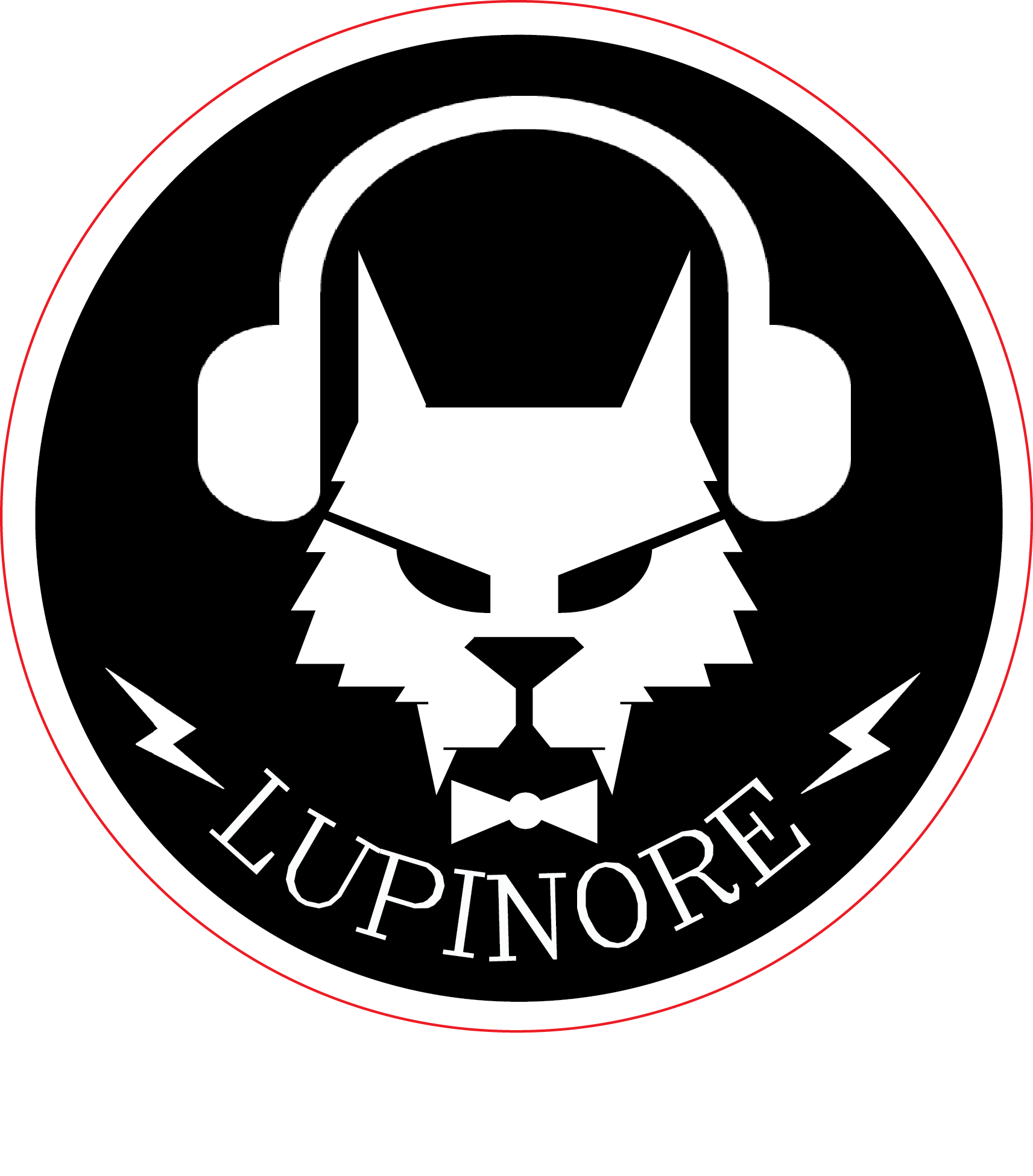Vicelands' The Therapist Seeks Truth Over Triviality
Last summer, VICELAND did a NOISEY special where they invited rapper YG to discuss the night he was shot three times by an unidentified gunman outside his LA recording studio with Dr. Siri Sat Sam Singh (PhD, LMFT). YG details the paranoia, alcohol abuse, and other mental issues he dealt with in wake of the attack.
The show was met with favourable reviews and was considered a refreshing, multifaceted and non-sensationalized coverage of hip hop artists and communities. In early April 2017, VICE announced the release of a spin off series titled The Therapist, featuring artists like D.R.A.M., Nathan Williams, Waka Flocka Flame, and Freddie Gibbs.
Freddie Gibbs has not spoken publicly about his 2015 sexual assault allegations- until now. In the first episode of VICELAND’s The Therapist, Gibbs sits down with Dr. Singh (PhD, LMFT) to break his silence on the “traumatizing” ordeal of being falsely accused, imprisoned, extradited, and finally found not guilty.
At first consideration, the premise of rappers in therapy seems sort of pseudo-ironic or gimmicky. “Teletherapy” shows like Dr. Phil are often watched for humour and the counsellors on them are seen as quacks. Traditionally, any therapy session filmed in front of a live studio audience is publicly deemed for entertainment purposes only. I half expected VICE to put on a tongue in cheek parody of the aforementioned shows, but I was surprised by the sincerity and tact of The Therapist.
First of all, Dr. Siri Sat Sam Singh is an absolute ray of sunshine. His calming aura straight up radiated out of my TV. His voice is so soothing he could spend 90 minutes describing all the ways I’ve disappointed my parents and I would leave feeling better about myself as a person. I can see how Gibbs opened up to him so easily, even in the presence of a camera. Watching Dr. Singh lead Gibbs through discussing the incredibly traumatic experience of being falsely accused of rape was intriguing. Despite the serious nature of the interview, Gibbs and Dr. Singh exchanged jokes, and I found myself drawn to Gibbs’s candor and vulnerability.
While false rape allegations are often mentioned as passing arguments to discredit feminism, it’s rare to see a discussion about healing the trauma the long term effects it has on the falsely accused- who are disproportionately young black men. Gibbs’s plight of being a black man falsely accused of rape by white women is unfortunately common, and is often left out of the discussion about untrue allegations. There are countless cases where men of colour are unfairly accused, convicted, and even killed for sexual assaults they did not commit- Emmett Till, The Scottsboro boys, Brian Banks, The Central Park Five, and too many others to name. Dr. Singh compared Gibbs’s situation to the 1960 literary classic To Kill a Mockingbird, in which a black man is charged and eventually killed as punishment for a rape he couldn’t possibly have committed.
Throughout the 20 minute episode, I found myself unable to put a finger on what exactly differentiated this show from other televised therapy sessions. While the premise may seem like a millennial-oriented teletherapy show with the twist of focusing on hip hop artists, it feels as if there’s a little more to it than that. I couldn’t help but feel convinced that The Therapist might actually be capable of helping people- something I have never felt about any sort of talk show before. There was no neat wrap-up, no audience, and no one looked under their chairs to find the keys to a new car. It was just a simple look into some of the rarely-discussed issues that rappers and hip hop artists face such as drug & alcohol abuse, stigma around mental health, and others.
At the end of the day, the main goal of a TV show is to attract viewers and turn a profit, and VICELAND is no exception. However, I can’t help but hope the future episodes of The Therapist have the same streak of underlying sincerity I saw in the pilot. Starting a conversation about the problems faced by artists would be good for the hip hop community- and if Freddie Gibbs is any example, I think they’ll have a lot to say.



